Join UCLibraries and IT@UC for a workshop on Research Reproducibility and Data Visualization using R (part of the Data and Computational Science Series (funded by the Provost Office through a universal provider grant).
On April 16th, Dr. Mine Cetinkaya-Rundel, Associate Professor at Duke University and Data Scientist & Professional Educator at RStudio will be on campus to give a presentation about Reproducible Research and conduct a workshop on Data Visualization in R.
The day’s schedule is below. The venue will be the Data Visualization Space in the Geology-Math-Physics Library – 240H Braunstein Hall.
10:00 am to 11:00 am Presentation – Reproducible Research
11:00 am to 12:00 pm Meet and Greet with Dr. Cetinkaya-Rundel (Lunch provided)
12:00 pm to 2:00 pm Workshop – Data Visualization in R with ggplot2 and gganimate
These events are free and open to all.
Visit the Faculty One Stop website to register.
More information about the DCSS 2019 series can be found on the DCSS website .
Flyer: DCS2 Word flyer_Rstudio

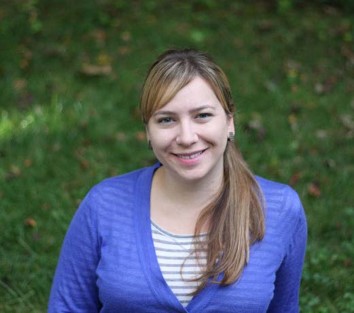

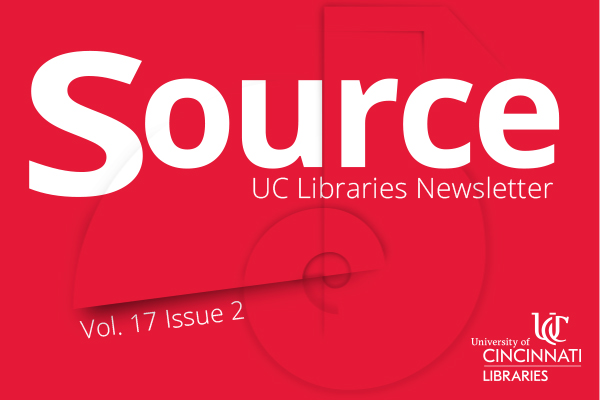 Read Source, the online newsletter, to learn more about the news, events, people and happenings in UC Libraries.
Read Source, the online newsletter, to learn more about the news, events, people and happenings in UC Libraries.
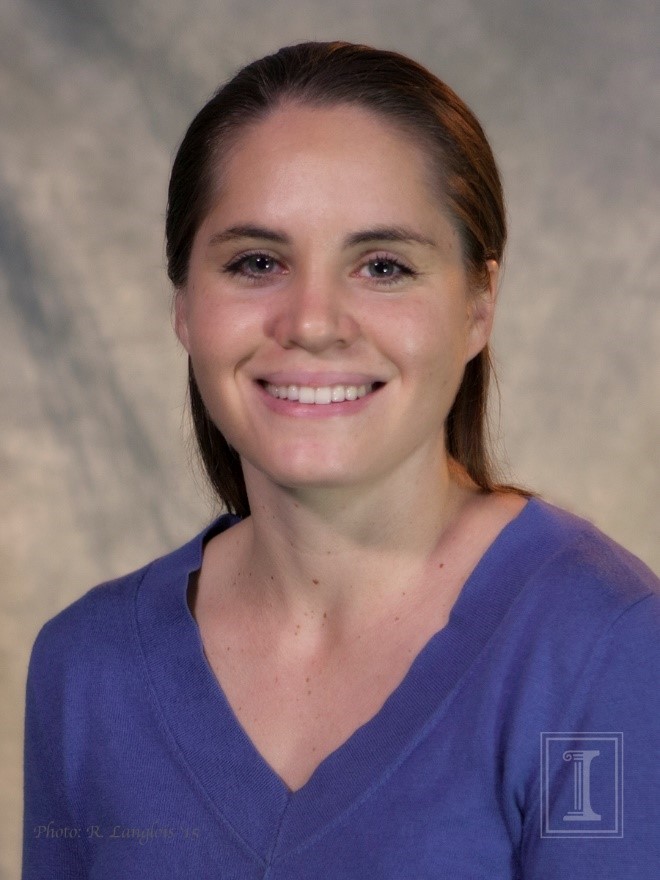
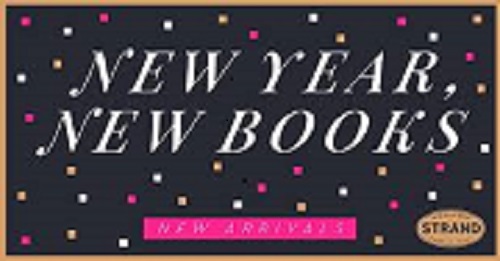

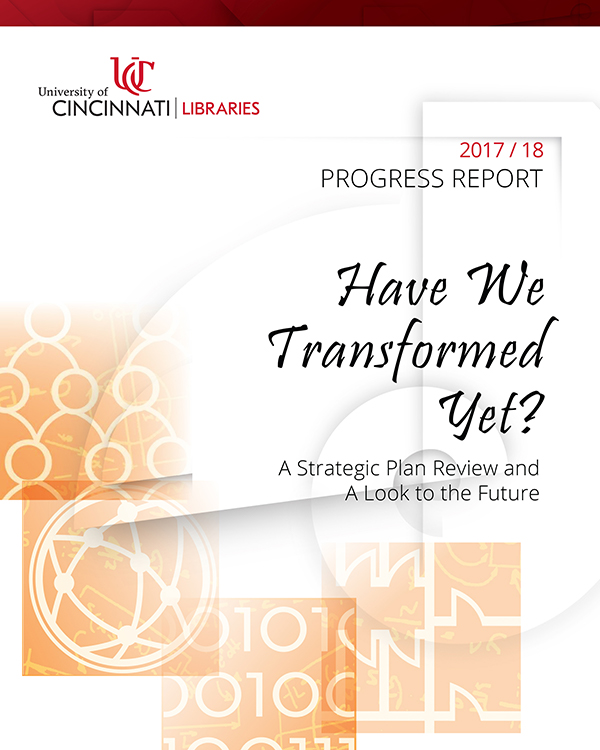 Read the
Read the 